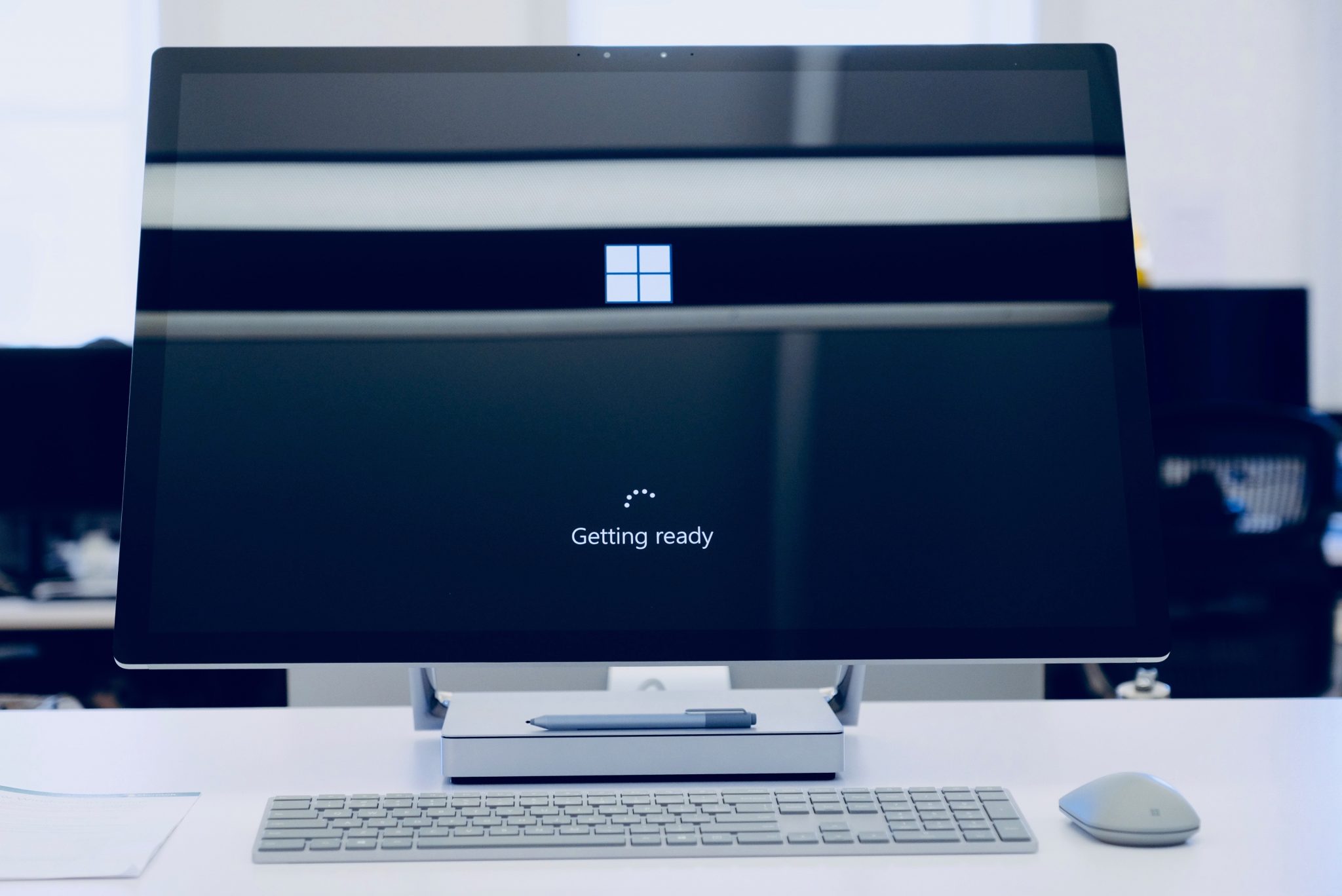Competition is nothing new in the technology sector, where companies make a living by copying and improving the products of others. At Microsoft the situation is similar, except for one difference: the company has a list of “prohibited technologies and technologies that are not advisable”, and it continues to grow.
Microsoft has recently added Slack, an internal chat tool for companies and Microsoft Teams competitor, to its list. However, although Microsoft confirms that the services on the list are competitors, the company emphasizes that it has banned certain tools due to security risks and intellectual property management.
Microsoft’s list is divided into two sections: prohibited technologies and inadvisable technologies. The section of prohibited technologies includes tools such as Grammarly, the extension that checks grammar in English, because it can access protected information in emails and documents.
Slack and Microsoft
Slack is also considered a forbidden technology because, according to Microsoft, many of its versions “do not provide the necessary controls to protect Microsoft’s intellectual property.” The company emphasizes that Slack Enterprise Grid does meet its security requirements, but advises employees to “use Teams instead of competing software.”
What about Amazon?
Amazon Web Services, competitor of Microsoft Azure, and Google Docs, competitor of Office 365, are in the section of technologies not advisable. In these cases, Microsoft does not offer specific reasons to explain the classification. Employees who continue to use Amazon Web Services and Google Docs will have to provide a business reason to justify their use.
Interestingly, the section also includes Github, the collaborative development platform, although it is owned by Microsoft. The company advises employees not to use the Github cloud version to work with information, specifications or confidential code.
The importance of making decisions
Although it’s fun to think that there are listings with these tools stuck in the bathrooms and other corners of Microsoft, a scenario that for now exists only in our imagination, it is important to note that the company has provided reasons related to security to explain their decisions.
This is a big difference to previous times in the company, in which it looked bad if employees used iPhones since Microsoft wanted to compete with Apple in the smartphone market.

